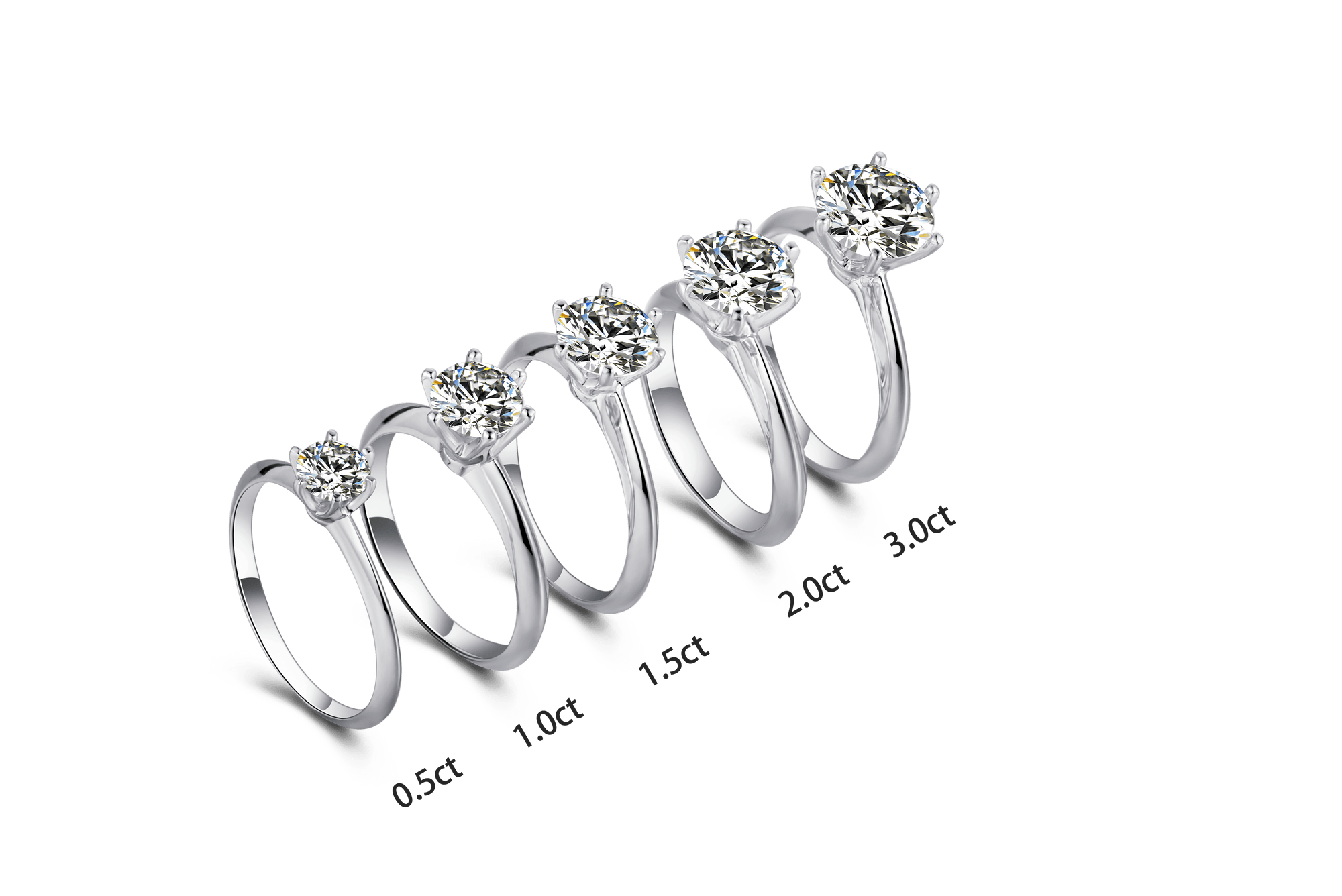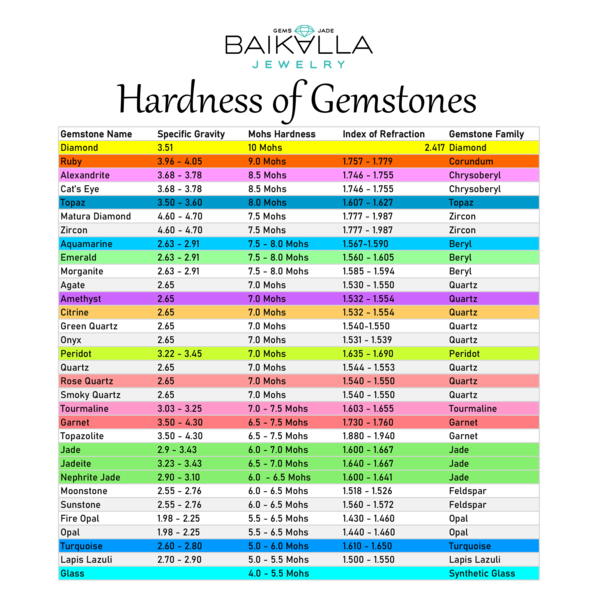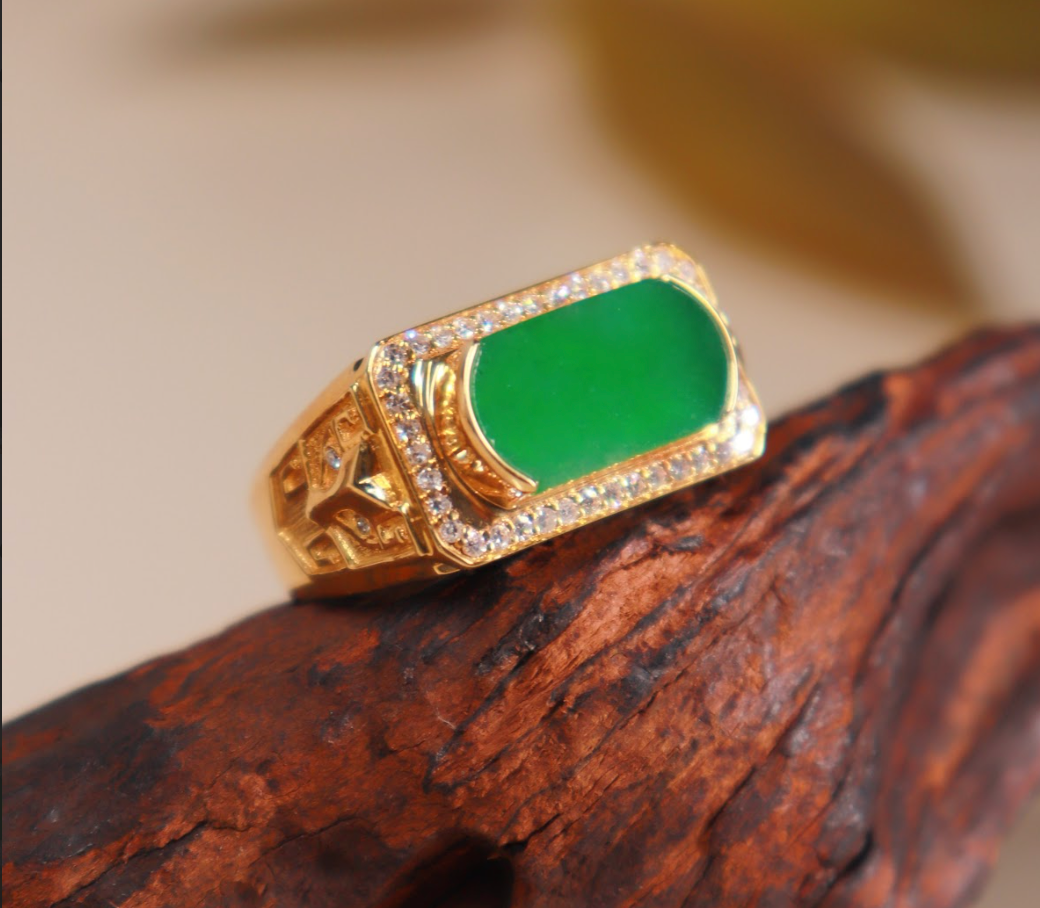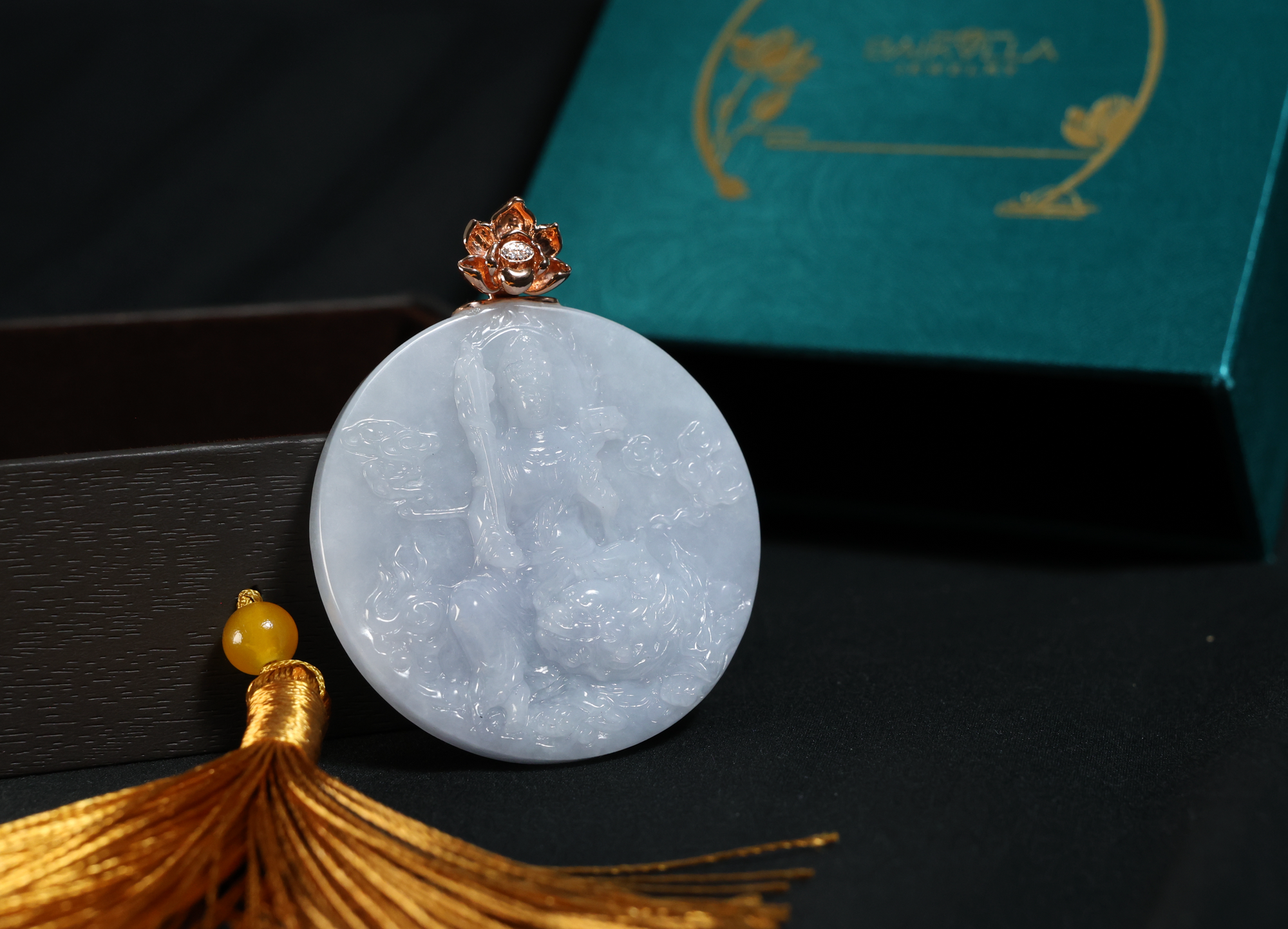APRIL BIRTHSTONE

BIRTHSTONE OVERVIEW
Those born in the month of April are lucky enough to call the diamond, a scintillating stone, their birthstone. The April birthstone is also rich in history and can be found in many unique places. Learn more so that you can choose the perfect one yourself or a loved one![]()
Sparkling with an internal fire all its own, diamond is one of the world’s most sought-after and adored gemstones. Those born in April are lucky enough to call this scintillating gem their birthstone, a symbol of clarity and strength. Diamond is so strong, in fact, that its name comes from the Greek word "adamas," which means “invincible” or “unbreakable.” The timeless charm of diamond was cherished long before it became the April birthstone, and the places where diamond comes from are as fascinating as the lore that surrounds it.
DIAMOND BIRTHSTONE
DIAMOND BIRTHSTONE MEANING & HISTORY
Our love for the April birthstone started in India, where diamonds were gathered from the country’s rivers and streams. Traded as early as the fourth century BCE, diamonds were coveted by royalty and the wealthy. Later, caravans brought Indian diamonds, along with other exotic merchandise, to medieval markets in Venice. By the 1400s, diamonds were becoming fashionable accessories for Europe’s elite. The first diamond engagement ring on record was given by Archduke Maximillian of Austria to his betrothed, Mary of Burgundy, in 1477. Recent evidence supports the origin of the legendary 45.52 carat (ct) blue Hope diamond in India’s Golconda mining area and its sale to King Louis XIV of France (then known as the French Blue diamond) in 1668.
In the early 1700s, as India’s diamond supplies began to decline, Brazil emerged as an important source. Diamonds were discovered when gold miners sifted through gravels on the banks of the Jequitinhonha River in Minas Gerais. Brazil dominated the diamond market for more than 150 years.
The discovery of diamonds near Kimberley, South Africa, in the late 1860s marked the beginning of the modern diamond market. Entrepreneur Cecil Rhodes established De Beers Consolidated Mines Limited in 1888, and by 1900 De Beers controlled an estimated 90 percent of the world’s production of rough diamonds. The largest diamond ever found – at 3,106 ct (621 grams) – was recovered from South Africa’s Premier mine in 1905. From it was cut the pear shaped 530 ct Cullinan I diamond, also known as the Great Star of Africa, which is now set in the Royal Sceptre with Cross and housed with the other Crown Jewels in the Tower of London.
An anonymous second-century poet maintained that this birthstone for April warded off the evil eye – a malevolent look believed to cause sickness, poverty and even death. The April birthstone was even believed to have healing powers. Over the centuries, the diamond birthstone was thought to be an antidote to poison and provide protection against the plague. Some claim that it is a boon for longevity, strength, beauty and happiness.
In addition to being the April birthstone, diamond is the gift of choice for the 60th and 75th wedding anniversaries. And, of course, today the diamond engagement ring has become a near-universal symbol of love and marriage.
WHERE IS DIAMOND FOUND?
The birthstone for April is now mined around the world. By the early 2000s, South Africa had been joined by other African nations as major producers of rough diamonds. These include the Democratic Republic of the Congo (previously known as Zaire) and Botswana. The former Soviet Union opened its first major mine in 1960, and Russia is now one of the top producers by both volume and value. Diamond mining expanded dramatically with the opening of the Argyle mine in Australia in 1983 and the discovery of several diamond deposits in northern Canada in the 1990s.
Diamond mining in Russia’s eastern Siberia reads like an adventure novel. The setting: tundra, frigid temperatures and short days. The props: jet engines and explosives used to heat and soften the ice covering the kimberlite pipes – vertical, carrot shaped masses of igneous rock that can be a primary source for diamonds. The storyline: In 2013, Alrosa, Russia’s main diamond mining company, estimated that there were 970 million carats still waiting to be found in the frozen tundra.
Diamonds in Botswana lie in the typically hot, semi-arid eastern region of the country. These prolific mines have brought a boom to the economy, creating a growing middle class. The country is also a diamond hub, where approximately 40 percent of the world’s supply of rough diamonds are sorted and valued.
DIAMOND BIRTHSTONE CARE & CLEANING
Diamond (10 on the Mohs hardness scale) is usually durable enough to be placed in an ultrasonic cleaner. However, if your diamond birthstone has many inclusions or has been treated, it it is best to clean it with a lint-free cloth, or use warm water, mild soap, and a soft toothbrush or a commercial jewelry cleaning solution. Also, have your diamond birthstone jewelry periodically cleaned and its setting examined by a professional jeweler to maintain its beauty and integrity over time.
Now that you’ve learned something about the April birthstone, diamond, you’ll be a smarter shopper. And maybe you’ll have an even greater appreciation for this most durable of all gemstones. Colored or colorless, large or small, the birthstone for April continues to captivate those lucky enough to be born in this month, and those lucky in love who receive – or give – a diamond engagement ring. If you’re thinking about acquiring a diamond, we hope our brief excursion told you a little more about the history of the April birthstone and where diamonds come from.

** Jade Jadeite & Gemstones ( Birthstones & Anniversary Gemstones)
Learn More:
## Follow us on Instagram, facebook, youtube for more information.
Facebook: https://www.facebook.com/baikallajewelry
Facebook group: The Jade Group: https://www.facebook.com/groups/theja...
Instagram: https://www.instagram.com/baikallajew...
Twitter: https://twitter.com/BaikallaJ
Pinterest: https://www.pinterest.com/baikallaj/




